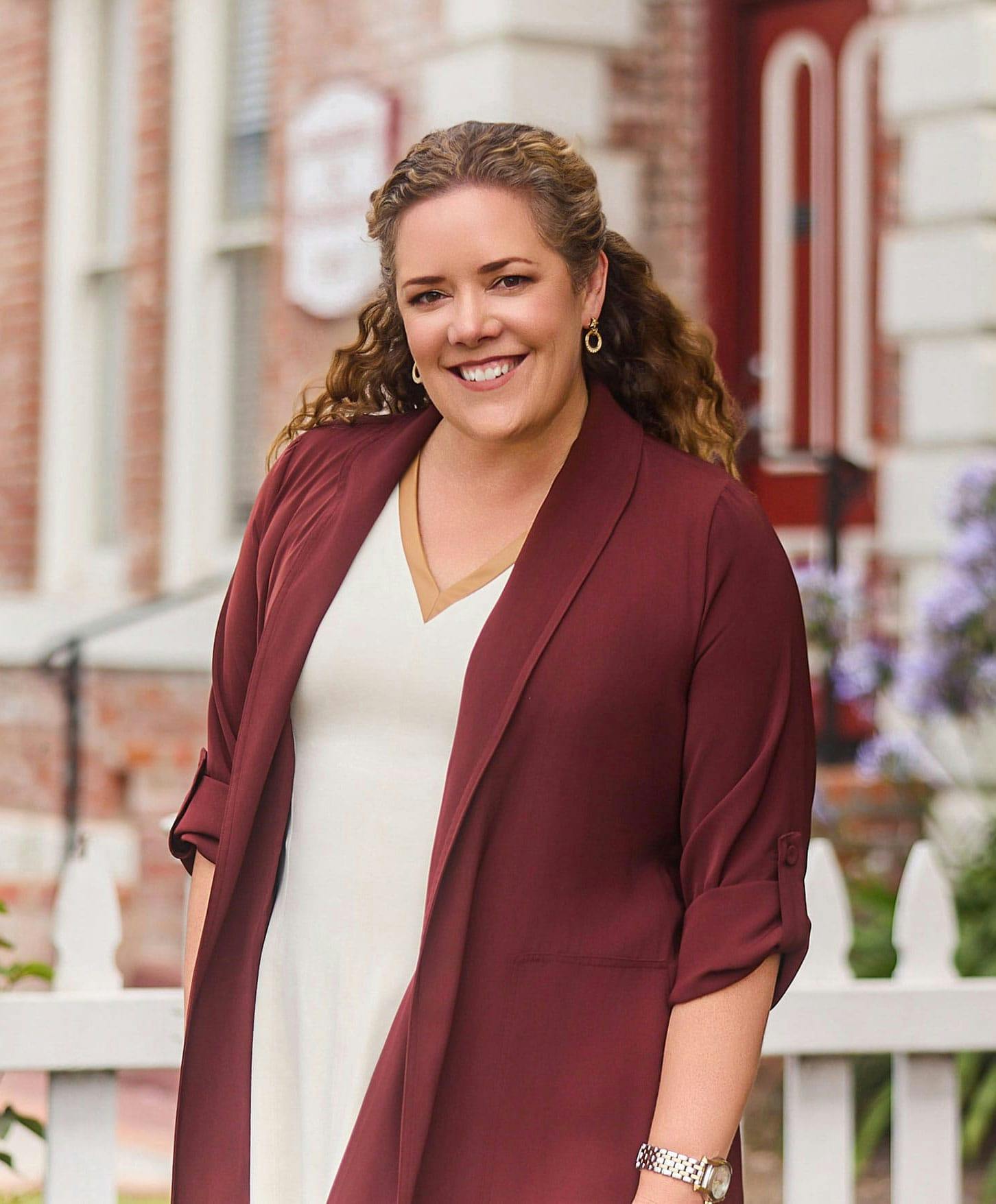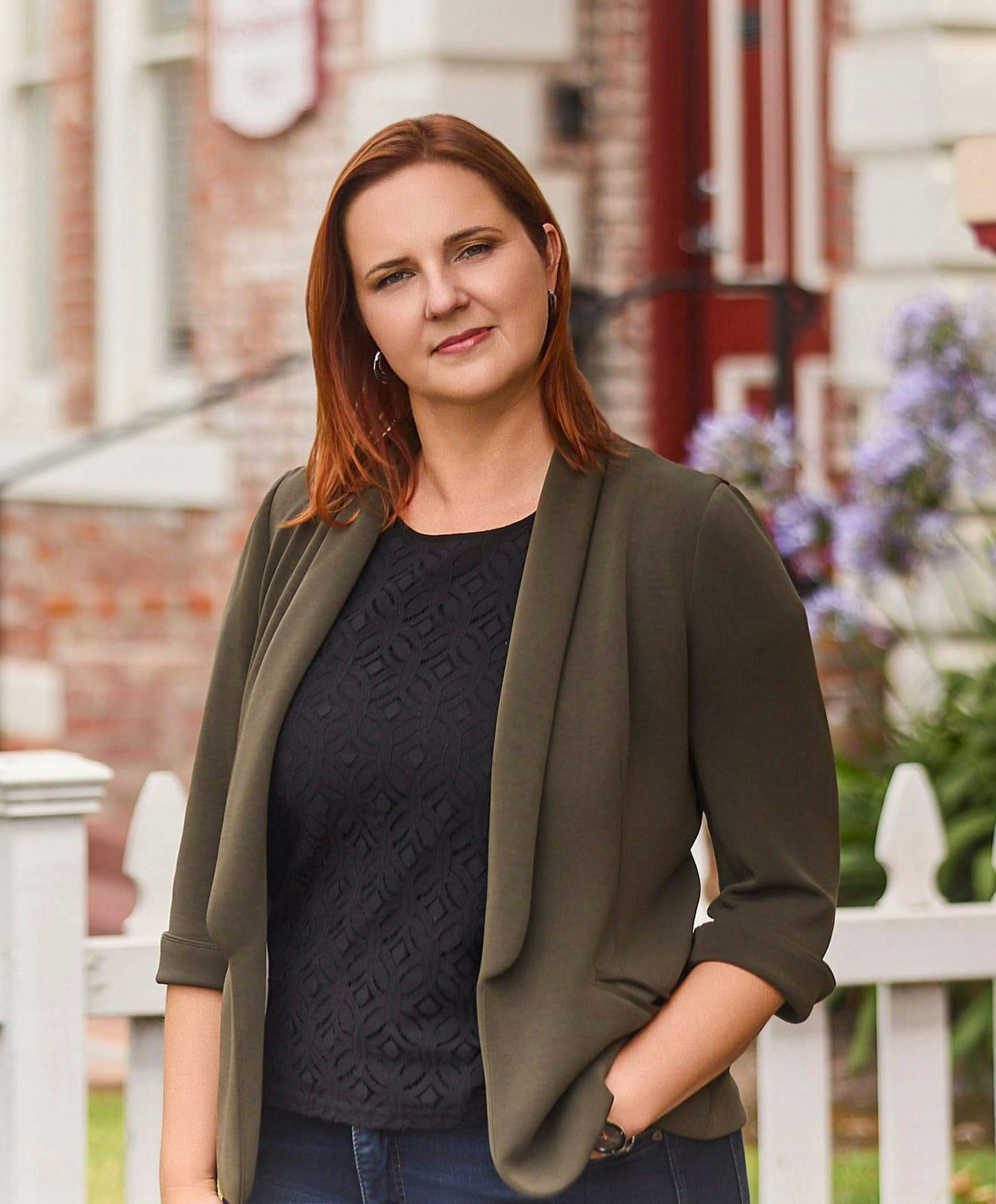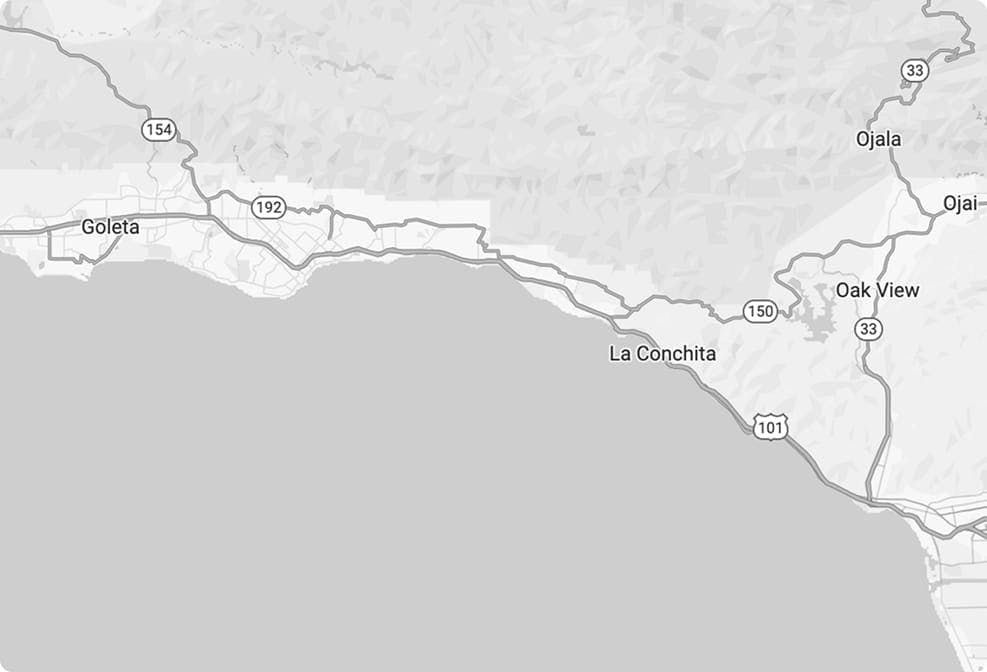In any family where the parents do not live together, California law suggests having a child support order in place. This order dictates who pays child support, how much they pay, and other details about how to get the children the financial support they need. Alongside a child custody order, this can be an incredibly helpful tool to help you enforce your children’s right to support funds. If you want to file for child support or modify an existing child support order, contact the Law Offices of Bamieh and De Smeth to discuss your case. Our child support attorneys in Santa Barbara represent mothers and fathers and help them with their child support cases. For a legal consultation, call our law offices today at (805) 643-5555.
To get child support in the first place, you need to file with the courts. While some parents may work out informal child support agreements, courts in California like to see all child custody and child support agreements approved by a judge and given the force of law so that the parents can help protect their children’s bests interests. If you want to file for child support, you will likely need to file for child custody as well. Who has child custody is one of the biggest factors in determining who will pay child support and how much they will need to pay.
Most child custody orders give one parent “primary” custody, which gives them access to the children for a greater proportion of the year (i.e., more than a 50/50 share). A parent with children living with them will pay for expenses and support needs such as clothes, groceries, and school supplies out of pocket. Child support primarily pays this parent back by giving them additional funds to offset the cost. Which parent has custody is not, however, the only factor in determining who pays support.
The court will also look at each parent’s ability to pay, dividing the support burden so that parents who are able to pay more will pay more. If the parent with primary custody also makes more money, they may justifiably be denied support if they can afford to pay more towards the support burden than the other parent. A parent with sole physical custody usually gets at least some support payments to defray their expenses, even if they are quite wealthy. Talk to an attorney about taking your child support case to court and deciding who will pay child support.


















